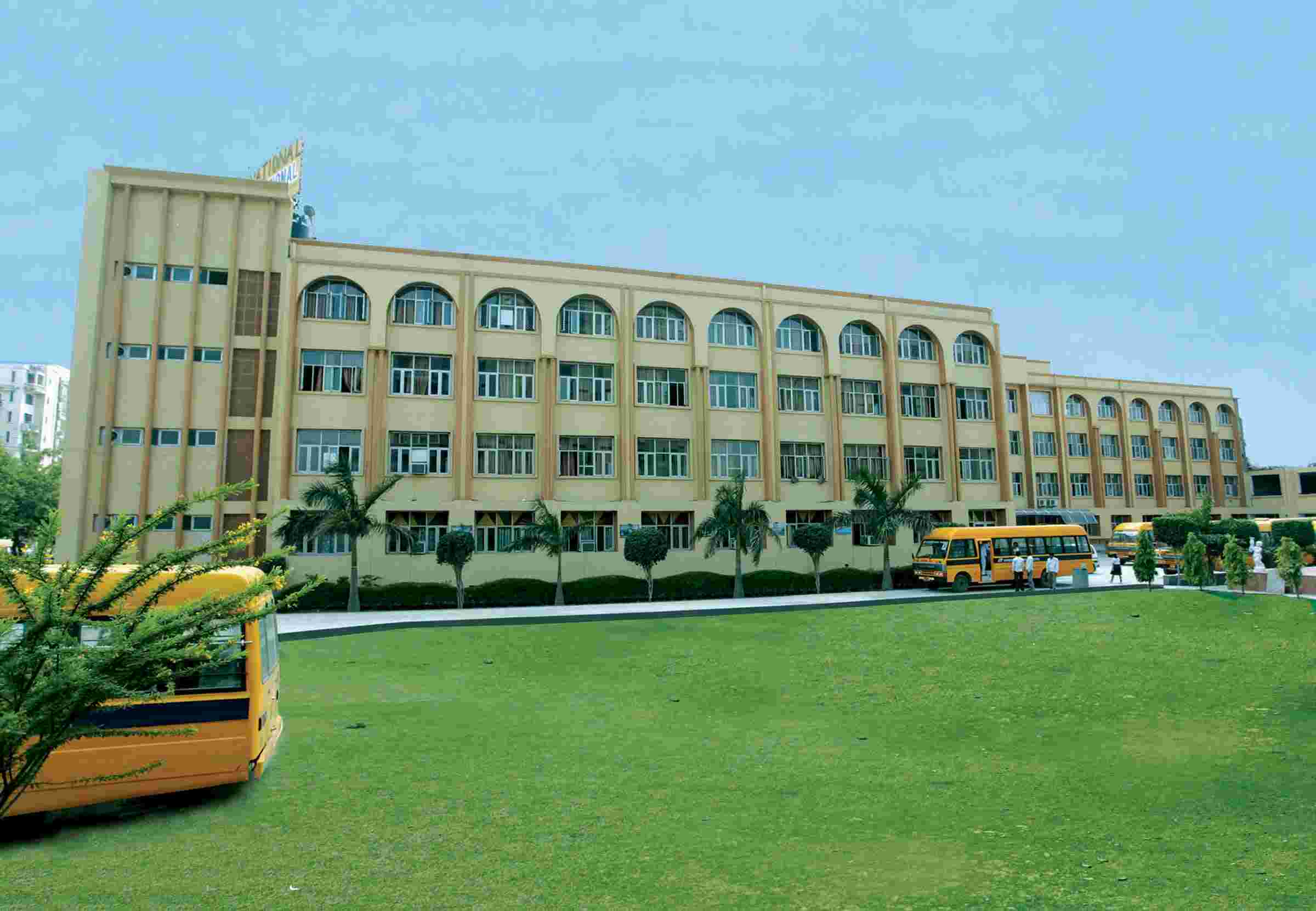
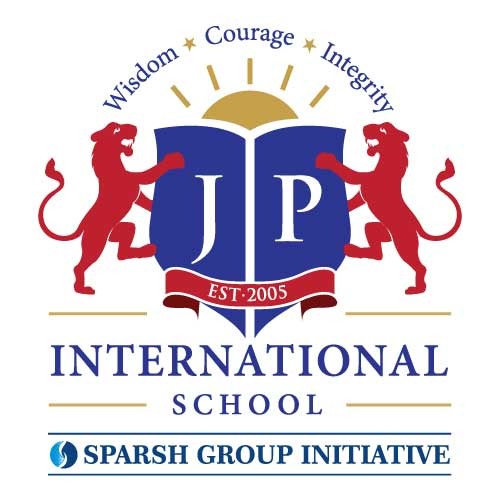
T:+91 7669-933-404
Email: [email protected]
Plot 3A, Sector Omega 1, Near Pari Chowk, Greater Noida, GB Nagar, Pin Code 201308


T:+91 7669-933-404
Email: [email protected]
Plot 3A, Sector Omega 1, Near Pari Chowk, Greater Noida, GB Nagar, Pin Code 201308

Today’s constantly evolving world demands a robust education system that acts as an essential element for societal progress and change. So far, there has been quite a lot of changes in our educational landscape, moving from hardcore academic-based education system towards practical/creative knowledge acquisition and skills development based system. The immense transformation that the Indian education system has so far witnessed is commendable. However, we, at JP International School, believe that there still needs a lot of improvising in various aspects of education. The Indian education system needs to impregnate new forms of knowledge and learning into its structure through educational reforms and financial outlays that could bring major changes to the way education is grounded.
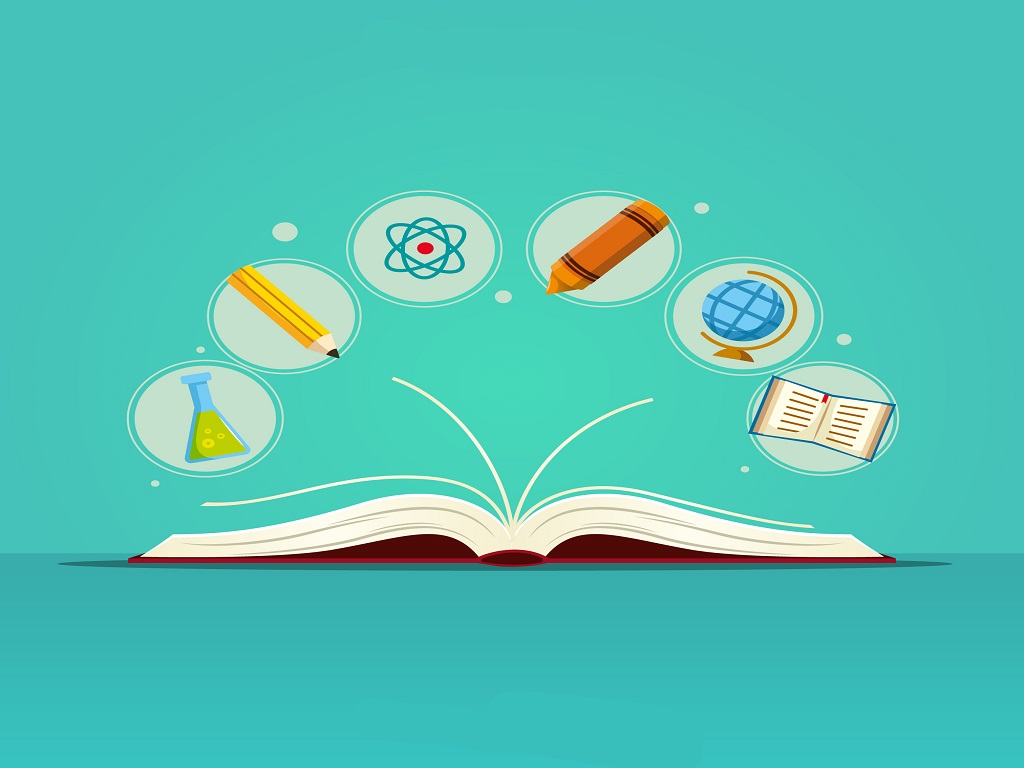
It is necessary that the current education system focuses on the relentlessly advancing future scenarios and align itself with the evolving changes. The new forms of education should redirect the students towards sustainable knowledge acquisition and builds in them the capacity to rightly manage the cognitive content.
It is time that the Indian education system moves from its sporadic education policies and focuses more on lifelong learning structure. A general restructuring of the entire process and substance of today’s education at all levels is necessary to bring possible changes to the system. The need is to bring in educational reforms to build a progressive education system that allows students to conglomerate emotions with intellect and practical knowledge with the theoretical, thus unleashing and unifying the real meaning of education in human life.
When it comes to educational reforms, there is no shortage of challenges. It can be frustratingly intractable for the reformers to handle the biggest threats and challenges lying ahead of them, despite their efforts to reform and regulate the entire educational system. However, identifying and addressing some of the most significant challenges and threats can certainly help education analysts bring about viable solutions to them.
Most of the threats and challenges in the educational processes and structures remain deeply entrenched into our system. The roots of the problems are quite difficult to change, and that makes the policies to often focus on quick winning solutions by making changes at the margins rather than digging deep into the system where the changes seem complex.
However, the real education reform and the significant progress in improving the quality of education impartation at Indian schools depend largely on how well the government tackles the deepest and most stubborn challenges posed in the education arena.
This is one of the crucial challenges that the education system of India is facing today. The 21st-century world has tremendously changed in all aspects from what it was 50 years ago. With the pace at which technological advancement and globalization are accelerating the world, it is important that we restructure the school curriculum to prepare the younger generation for life and work in the 21st-century era.
With the steep rise in knowledge-based work, the emergence of multi-disciplinary professions, greater workforce mobility, and greater requirement for continual workplace learning, it is high time education reforms are taken to equip the students for the changing world. However, if you see, many features of schooling and curriculum have remained unchanged for decades. It is necessary that we move away from conventional learning pedagogies and start viewing learning as a collective activity rather than the mastery of factual and procedural knowledge. A significant redesigning of the school curriculum is a must for overcoming this challenge so that we revamp and redesign the curriculum such that it makes students’ experiences of school subjects much relevant to the practical life environment.
The redesigned curriculum should be such that it allows the young minds to meet the demands of the 21st century. It must give greater priority to skills development in children and developing in them a better insight into concepts and principles, thereby enhancing their ability to apply those learnings to resolving complex real-world problems.
We, at JP International School, believe that a stronger emphasis should be laid on building a cutting-edge curriculum and pedagogies that not only improve the academic performance and knowledge acquisition among students but rather aids in their holistic development. It is indeed necessary to meet the goals of true education and can be only accomplished when we instill the young intellects with the ability to think cognitively and act confidently.
It is necessary that the Indian education system raises the status of its teaching career as a knowledge-based profession, which would definitely help attract more capable and efficient faculty. Do you know the top-performing school systems at the global level always hire the best talents into their faculty team, and consistently invest in faculty development programs as well? This clearly shows up in the kind of world-class education these institutions impart. It is hence necessary that as a part of teaching pedagogy, our schools shape teacher education programs, coaching and mentoring arrangements, and professional development facilities for the faculty as well. Rigorous teacher education is essential to build high-performing systems as it can significantly help to define and recognize advanced teaching expertise.
To make some well-planned educational reforms and to resolve the deep-seated challenges and threats in the Indian education system, the government has recently formulated the National Education Policy 2019. The policy aims to universalize the pre-primary school education and provide foundational literacy/numeracy for everyone by the year 2025. The policy proposes adding a new Curricular and Pedagogical Structure into the current education system and aims at equitable and inclusive education, with a special focus on under-represented groups (URGs).
The National Education Policy 2019 basically encompasses promoting multilingualism for the cognitive benefits of students, teaching of other classical languages and literature, transforming the teacher education system, and creating a new independent State School Regulatory Authority (SSRA). (Ref: https://www.indiatoday.in/education-today/gk-current-affairs/story/draft-national-education-policy-2019-divd-1606269-2019-10-04). Apart from that, the policy also emphasizes on mother tongue-based education and aims to protect and promote regional culture.
We, at the JP International School, recognized as the Best CBSE School in Greater Noida, feel positive that the National Education Policy 2019 would play a critical role in transforming the Indian education system for the benefit of students and teachers alike. We hope the new education policy will help build a novel education landscape in the country that would focus on the overall learning outcomes and all-round development of children, aiding their transformation into capable innovators and leaders of the 21st-century world.
- JP International School13 May 2024
They make sure children are ready for what's to come by encouraging adaptability, a growth mental...
11 May 2024
Choosing a top school near me, like J.P. International School, is crucial to success. Premier sch...
6 May 2024
As you strive to enhance your child's education, keep in mind that the route may be meandering an...
25 April 2024
Teachers have the opportunity to improve their craft and keep up with new developments in the fie...
20 April 2024
It is important to give priority to characteristics such as exceptional learning environments, hi...
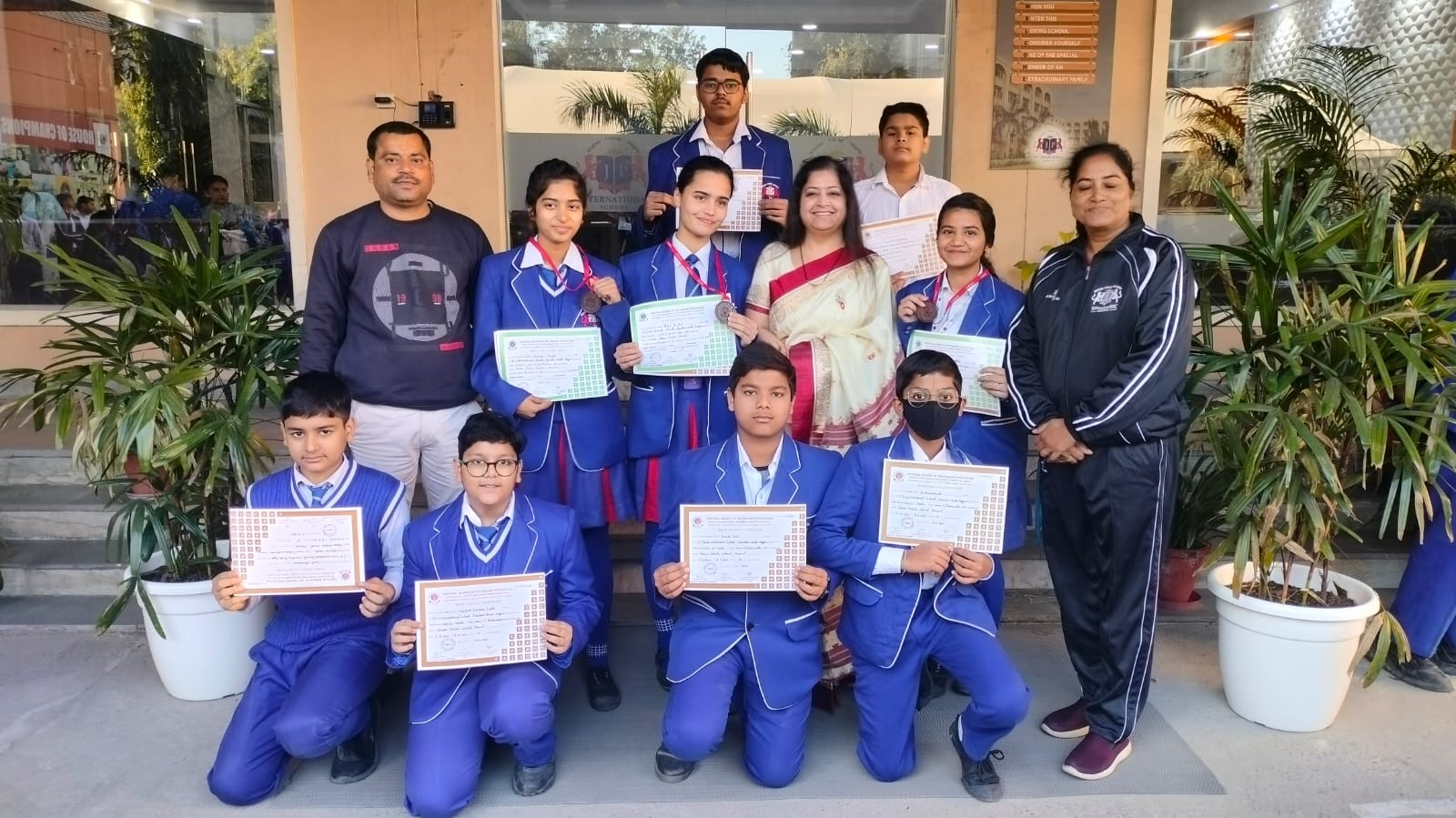 8 December 2022
8 December 2022
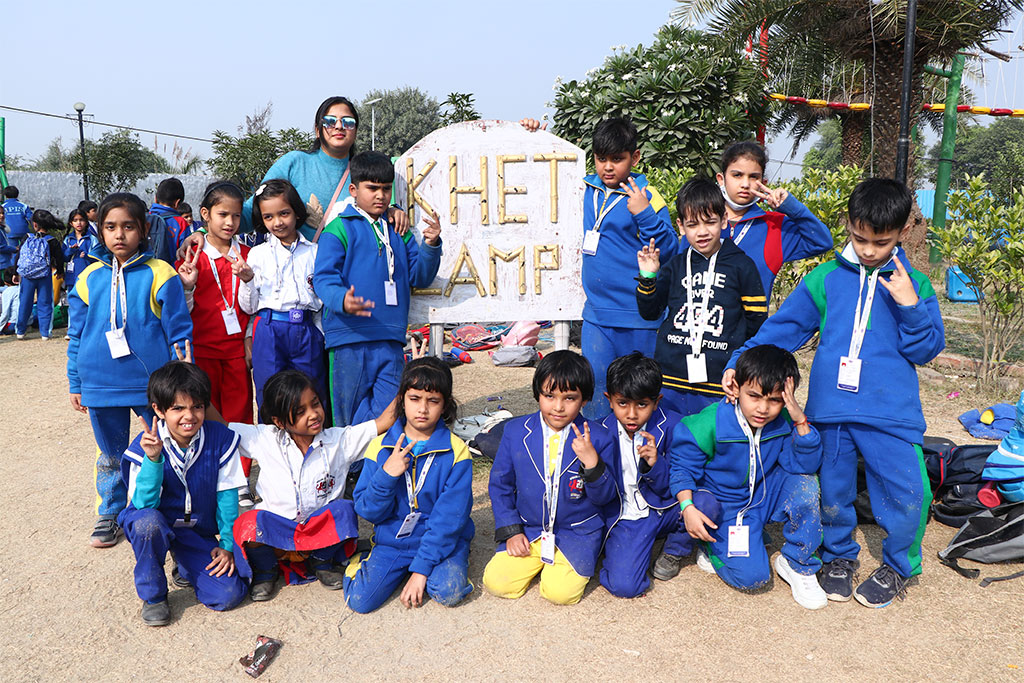 2 December 2022
2 December 2022
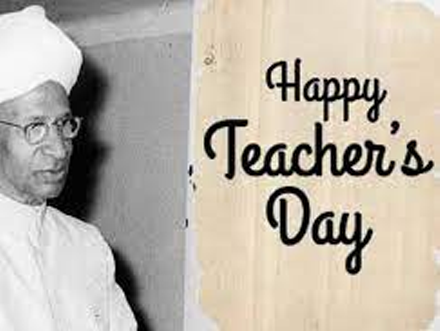 21 July 2022
21 July 2022
